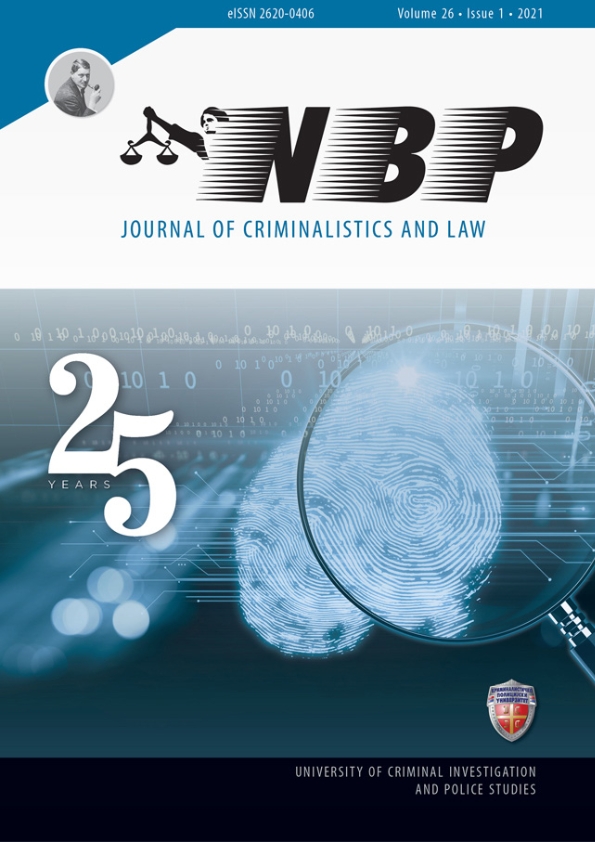Relationship of Anti-Money Laundering Index with GDP, Financial Market Development, and Human Development Index
Relationship of Anti-Money Laundering Index with GDP, Financial Market Development, and Human Development Index
Author(s): Mile Šikman, Miloš GrujićSubject(s): Criminal Law, Financial Markets
Published by: Kriminalističko-policijski univerzitet
Keywords: money laundering; Anti-Money Laundering Index; financial market development; Human Development Index; GDP (purchasing power) per capita
Summary/Abstract: Money laundering has a direct impact, among other things, on the economic development of a country. The aim of this research is to determine the correlation between money laundering and economic development expressed through GDP, as well as between financial market development (FDI) and the Human Development Index (HDI). The results of the research show that there was a significant relationship between the observed variables, i.e. that there is a relation of the Anti-Money Laundering Index (AMLI) on GDP, financial market development and the HDI. Namely, given that medium-strong links between the observed variables have been established, it can be claimed that there is reason to believe that "copying the behaviour" of a certain country in the fight against money laundering can further develop the financial market, influence human development or an increase in GDP per capita. In particular, a decrease in the AMLI was expected to increase the FDI (R2 = 0.2601). A decrease in the AMLI was expected to increase the HDI (R2 = 0.5747). In that way, financial institutions are directly affected, which negatively relates to economic and political stability
Journal: NBP – Nauka, bezbednost, policija
- Issue Year: 26/2021
- Issue No: 1
- Page Range: 21-33
- Page Count: 14
- Language: English

